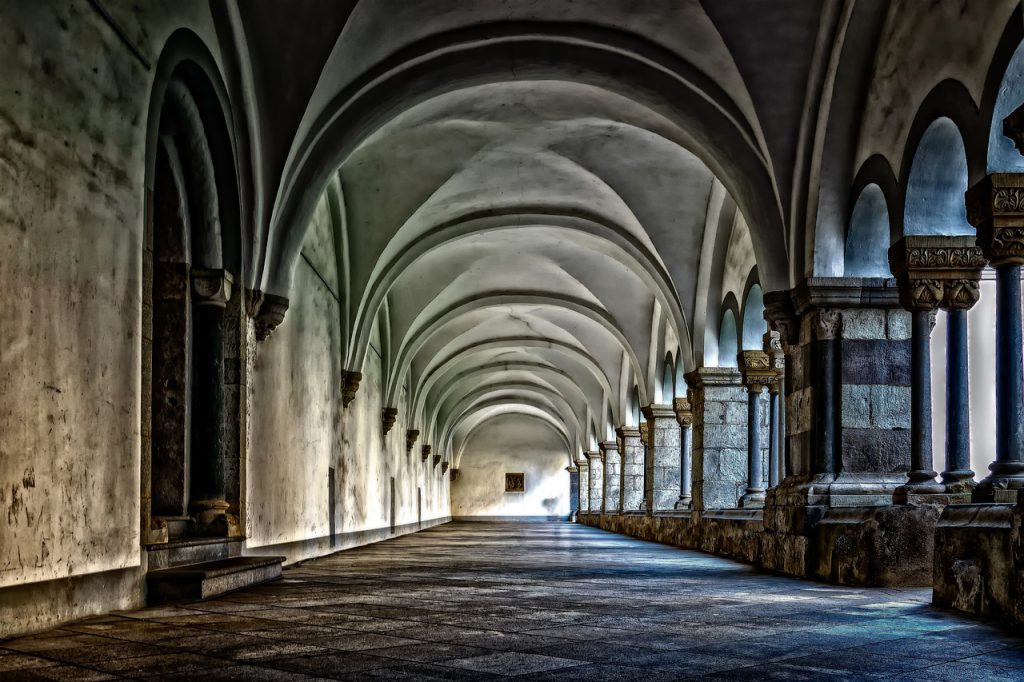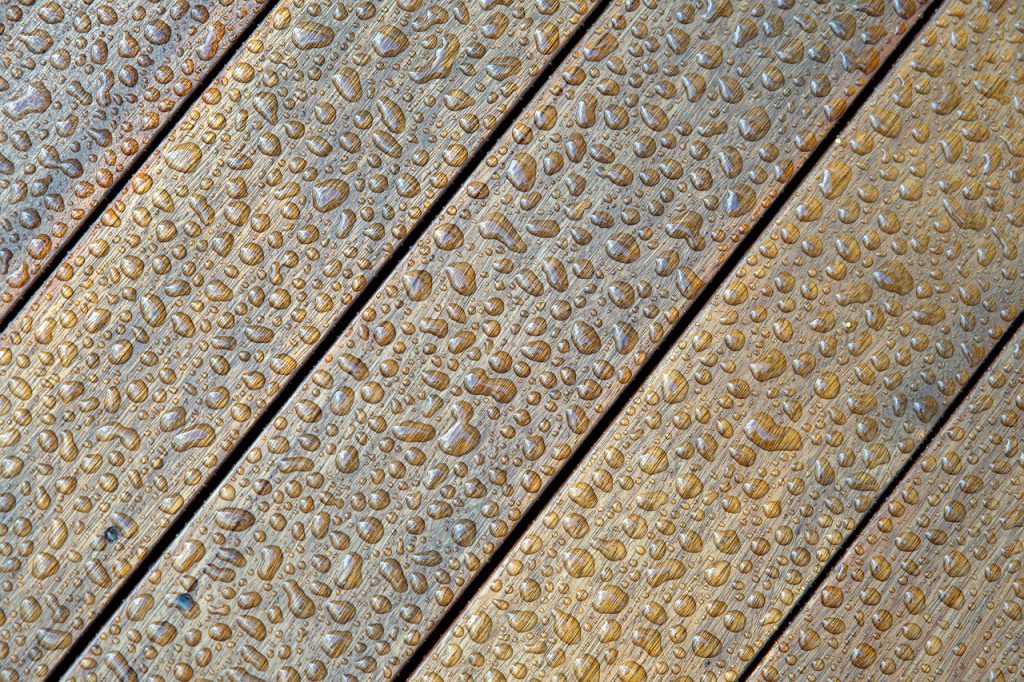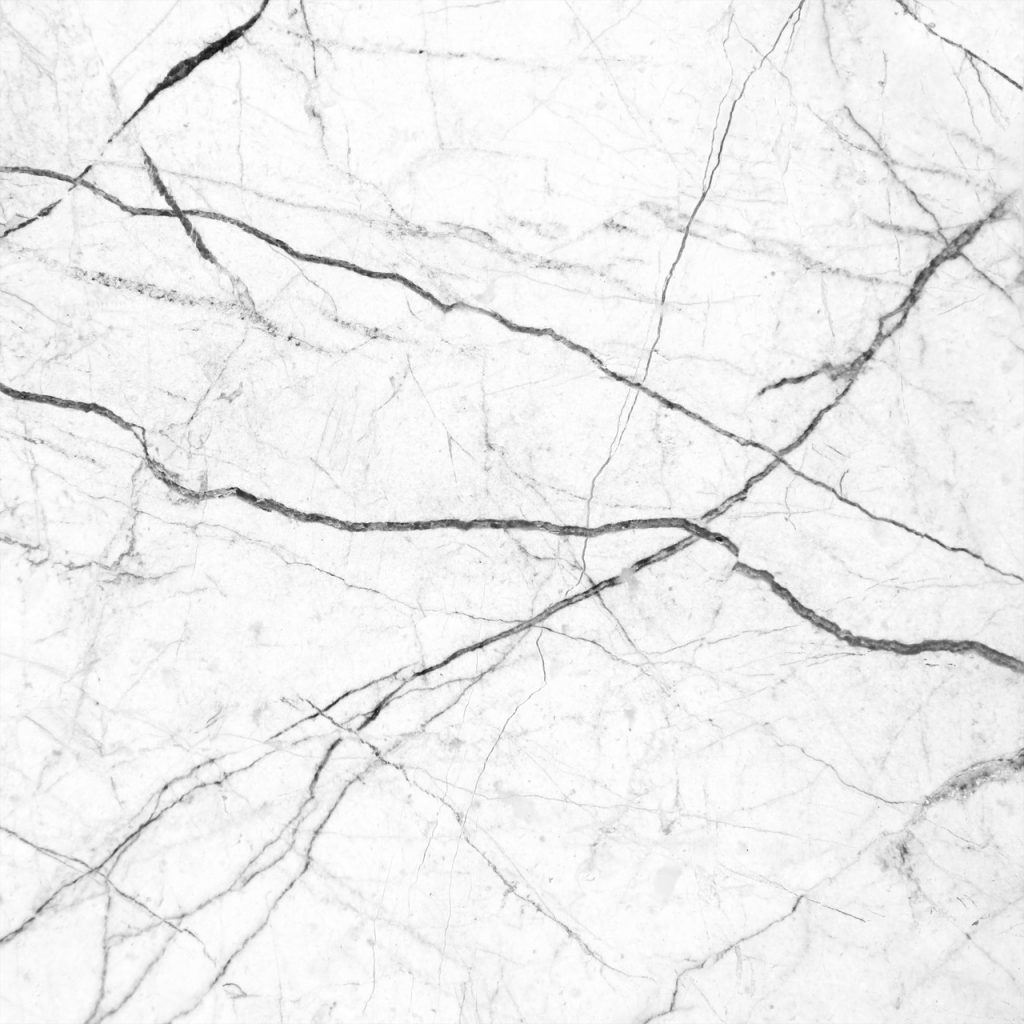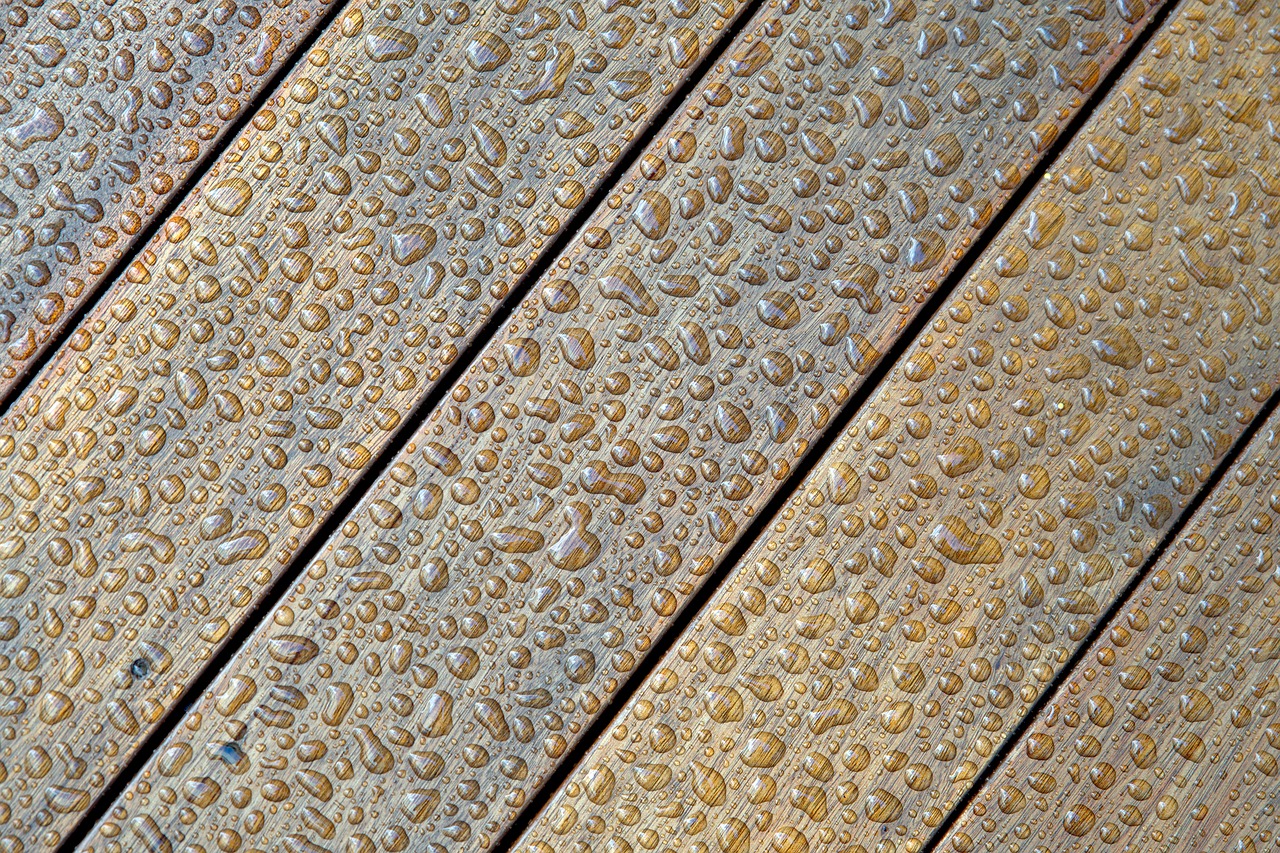
Choose Flooring Materials for your home is a crucial decision that affects both the functionality and aesthetics of each room. With so many options available, it can be overwhelming to decide which material is best suited for different areas of your house. This guide will help you understand the best flooring materials for various rooms, considering factors like durability, maintenance, cost, and style. Whether you are renovating your home or building a new one, this comprehensive guide will make the selection process easier.
1. Living Room: Combining Comfort and Style
Hardwood Flooring
Pros:
- Aesthetic Appeal: Hardwood flooring adds a timeless, elegant look to any living room.
- Durability: With proper care, hardwood can last for decades.
- Variety: Available in a range of wood types, colors, and finishes.
Cons:
- Cost: Hardwood can be expensive compared to other options.
- Maintenance: Requires regular cleaning and occasional refinishing.
Laminate Flooring
Pros:
- Affordable: More budget-friendly than hardwood.
- Durability: Resistant to scratches and dents.
- Easy Installation: Often comes in click-lock planks for DIY installation.
Cons:
- Water Sensitivity: Not suitable for areas with high moisture.
- Cannot Be Refinished: Unlike hardwood, it cannot be sanded down and refinished.
Carpet
Pros:
- Comfort: Soft underfoot and warm, perfect for living rooms.
- Sound Insulation: Reduces noise, creating a quieter environment.
- Variety: Available in numerous colors, textures, and patterns.
Cons:
- Maintenance: Requires regular vacuuming and occasional deep cleaning.
- Stain Susceptibility: Prone to staining and can be difficult to clean.
2. Kitchen: Prioritizing Durability and Ease of Cleaning
Ceramic Tile
Pros:
- Water Resistance: Highly resistant to water, making it ideal for kitchens.
- Durability: Extremely durable and can last for many years.
- Variety: Comes in various colors, shapes, and designs.
Cons:
- Cold and Hard: Can be uncomfortable to stand on for long periods.
- Grout Maintenance: Grout lines can stain and require regular cleaning.
Vinyl Flooring
Pros:
- Waterproof: Ideal for kitchens and other wet areas.
- Durability: Resistant to stains and scratches.
- Comfort: Softer underfoot than ceramic tile.
Cons:
- Chemical Sensitivity: Can be damaged by certain chemicals.
- Appearance: May not have the same high-end look as natural materials.
Engineered Wood
Pros:
- Appearance: Mimics the look of hardwood at a lower cost.
- Stability: More resistant to moisture and temperature changes than solid wood.
- Easy Installation: Often comes in click-lock planks for DIY installation.
Cons:
- Moisture Sensitivity: While more stable, it can still be damaged by excessive moisture.
- Cost: More expensive than vinyl and laminate.

3. Bathroom: Ensuring Water Resistance and Safety
Porcelain Tile
Pros:
- Water Resistance: Highly resistant to water, making it ideal for bathrooms.
- Durability: Extremely durable and long-lasting.
- Slip-Resistant Options: Available in textured finishes to prevent slipping.
Cons:
- Cold and Hard: Can be uncomfortable underfoot.
- Installation: Requires professional installation due to its weight and complexity.
Natural Stone
Pros:
- Aesthetic Appeal: Offers a luxurious, high-end look.
- Durability: Very durable and can last a lifetime with proper care.
- Variety: Available in various types such as marble, granite, and slate.
Cons:
- Cost: One of the most expensive flooring options.
- Maintenance: Requires sealing and regular maintenance to prevent staining.
Luxury Vinyl Tile (LVT)
Pros:
- Waterproof: Ideal for bathrooms and other wet areas.
- Durability: Resistant to scratches, stains, and moisture.
- Comfort: Softer and warmer underfoot than tile and stone.
Cons:
- Appearance: While improved, may not have the same high-end look as natural materials.
- Cost: More expensive than standard vinyl.
4. Bedroom: Focusing on Comfort and Warmth
Carpet
Pros:
- Comfort: Soft and warm, perfect for bedrooms.
- Sound Insulation: Reduces noise, creating a peaceful environment.
- Variety: Available in numerous colors, textures, and patterns.
Cons:
- Maintenance: Requires regular vacuuming and occasional deep cleaning.
- Allergen Concerns: Can trap dust and allergens, requiring frequent cleaning.
Hardwood Flooring
Pros:
- Aesthetic Appeal: Adds a timeless, elegant look to bedrooms.
- Durability: With proper care, hardwood can last for decades.
- Variety: Available in a range of wood types, colors, and finishes.
Cons:
- Cost: Hardwood can be expensive compared to other options.
- Maintenance: Requires regular cleaning and occasional refinishing.
Cork Flooring
Pros:
- Comfort: Soft and warm underfoot, perfect for bedrooms.
- Sustainability: Eco-friendly, made from renewable resources.
- Sound Insulation: Reduces noise, creating a quieter environment.
Cons:
- Durability: Can be susceptible to dents and scratches.
- Moisture Sensitivity: Not suitable for high-moisture areas.

5. Basement: Dealing with Moisture and Durability
Vinyl Plank Flooring
Pros:
- Waterproof: Ideal for basements and other damp areas.
- Durability: Resistant to scratches and stains.
- Easy Installation: Often comes in click-lock planks for DIY installation.
Cons:
- Appearance: May not have the same high-end look as natural materials.
- Chemical Sensitivity: Can be damaged by certain chemicals.
Concrete Flooring
Pros:
- Durability: Extremely durable and long-lasting.
- Water Resistance: Naturally resistant to moisture, making it ideal for basements.
- Versatility: Can be stained, painted, or polished for different looks.
Cons:
- Cold and Hard: Can be uncomfortable underfoot.
- Installation: Requires professional installation and finishing.
Engineered Wood
Pros:
- Appearance: Mimics the look of hardwood at a lower cost.
- Stability: More resistant to moisture and temperature changes than solid wood.
- Easy Installation: Often comes in click-lock planks for DIY installation.
Cons:
- Moisture Sensitivity: While more stable, it can still be damaged by excessive moisture.
- Cost: More expensive than vinyl and laminate.
Conclusion
Choose Flooring Materials for each room in your home is essential for ensuring durability, comfort, and aesthetic appeal. By considering the specific needs of each area, such as water resistance for bathrooms and basements or comfort for bedrooms and living rooms, you can make informed decisions that will enhance your living space. Use this guide to explore the best flooring options for your home and create a beautiful, functional environment for years to come.
